Have you ever wondered if there’s more to therapy than just sitting in a sterile office, talking about your problems? What if I told you that adventure could be the key to unlocking personal growth and healing? Let me introduce you to adventure therapy.
Adventure therapy combines the power of nature, physical activity, and therapeutic techniques to create a unique and transformative experience.
So, let’s explore what is adventure therapy, the different types of adventure therapy and the incredible benefits of adventure therapy for an unforgettable journey towards self-discovery.
What is Adventure Therapy?
Adventure therapy is an innovative approach to therapy that embraces the healing potential of outdoor activities and experiential learning. It goes beyond traditional talk therapy by incorporating adventure, challenge, and nature into the therapeutic process.
So what is adventure therapy? Adventure therapy primarily refers to “programs or services that utilise outdoor activities and experiential learning exercises to help participants to deal with their psychological problems,” states a recent study.

The principle behind adventure therapy is that engaging in exciting and unfamiliar experiences in a supportive environment can facilitate personal growth, enhance self-awareness, and promote positive change.
Related: The Thrill Seeker Personality Type: 10 Key Aspects That Drive These Adventurous Souls
Types of Adventure Therapy
If you want a better understanding about “what is adventure therapy?”, then it is crucial that you learn about the different types of adventure therapy. From wilderness expeditions to high ropes courses, here are some of the most common variations –
1. Wilderness Therapy
Wilderness therapy immerses individuals in natural environments, such as forests, mountains, or deserts. Participants engage in activities like hiking, camping, rock climbing, and survival skills training.
The wilderness becomes a catalyst for introspection, as individuals face physical challenges, learn to adapt to unfamiliar surroundings, and develop essential life skills. This type of adventure therapy often involves group dynamics, fostering teamwork, and building interpersonal relationships.
2. Adventure-Based Counseling
Adventure-based counseling incorporates adventure activities into the counseling process. These activities can include ropes courses, trust-building exercises, cooperative games, and problem-solving challenges.
By participating in these activities, individuals develop skills such as communication, leadership, and problem-solving, while also addressing emotional and psychological issues.
Adventure-based counseling provides a dynamic and engaging therapeutic experience that encourages personal growth and self-discovery.
Related: Health Benefits Of Camping: 4 Reasons You Should Go Camping This Weekend
3. Equine-Assisted Therapy
Equine-assisted therapy involves interactions with horses to promote emotional growth and healing. Horses are highly intuitive animals that mirror human emotions and behavior.
Through activities such as grooming, leading, and riding horses, individuals develop skills like trust, empathy, assertiveness, and emotional regulation. The bond formed with the horses serves as a powerful metaphor for relationships and can help individuals explore and address their own emotional patterns.
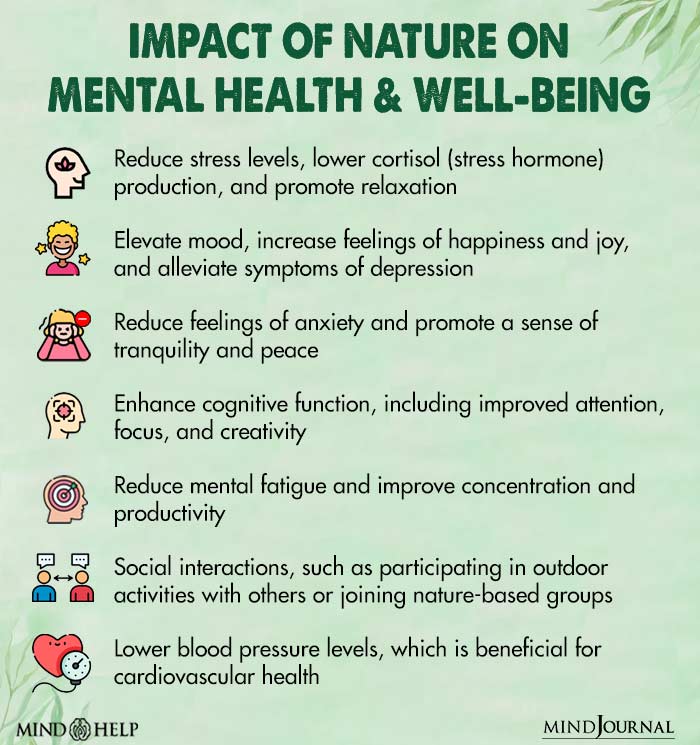
Benefits of Adventure Therapy
Curious about the perks of adventure therapy? Here’s how outdoor activities like hiking and rock climbing can boost your mental health and well-being –
1. Enhanced Self-Awareness
Adventure therapy pushes individuals out of their comfort zones, allowing them to discover their true strengths, limitations, and personal values. By facing challenges and overcoming obstacles, participants gain a deeper understanding of themselves, their emotions, and their responses to different situations.
This heightened self-awareness becomes a foundation for personal growth and positive change.
2. Improved Mental Health
Engaging in adventure therapy has been shown to alleviate symptoms of anxiety, depression, and other mental health disorders. The combination of physical activity, exposure to nature, and the release of endorphins during adventure activities can boost mood, reduce stress, and increase overall well-being.
Adventure therapy also offers a unique sense of accomplishment and empowerment, helping individuals build confidence and resilience.
3. Strengthened Interpersonal Skills
Adventure therapy often involves group activities, fostering teamwork, collaboration, and effective communication. Participants learn to work together, support one another, and solve problems collectively.
These experiences can improve social skills, enhance empathy, and cultivate healthy relationships. The shared adventures create a sense of camaraderie and belonging, reducing feelings of isolation and loneliness.
Related: How To Be More Adventurous
4. Increased Self-Confidence
Conquering challenges and pushing personal boundaries during adventure therapy can significantly boost self-confidence. Accomplishing physical feats, mastering new skills, and overcoming fears and doubts instill a sense of achievement and self-belief.
Participants learn that they are capable of more than they thought, empowering them to tackle challenges in other areas of life.
5. Stress Reduction and Coping Skills
Nature has a calming effect on the mind and body, reducing stress and promoting relaxation. Adventure therapy provides a much-needed break from the demands and pressures of everyday life, allowing individuals to recharge and gain perspective.
Additionally, the coping skills developed during adventure activities, such as problem-solving, resilience, and adaptability, can be applied to real-life stressors and challenges.
6. Increased Resilience and Adaptability
Adventure therapy exposes individuals to unpredictable and challenging situations that require adaptability and resilience. Whether it’s navigating through rough terrains, facing adverse weather conditions, or overcoming physical obstacles, participants learn to adapt their strategies and mindset to overcome these hurdles.
This experience translates into everyday life, equipping individuals with the ability to bounce back from setbacks, embrace change, and approach challenges with a more resilient and flexible attitude.
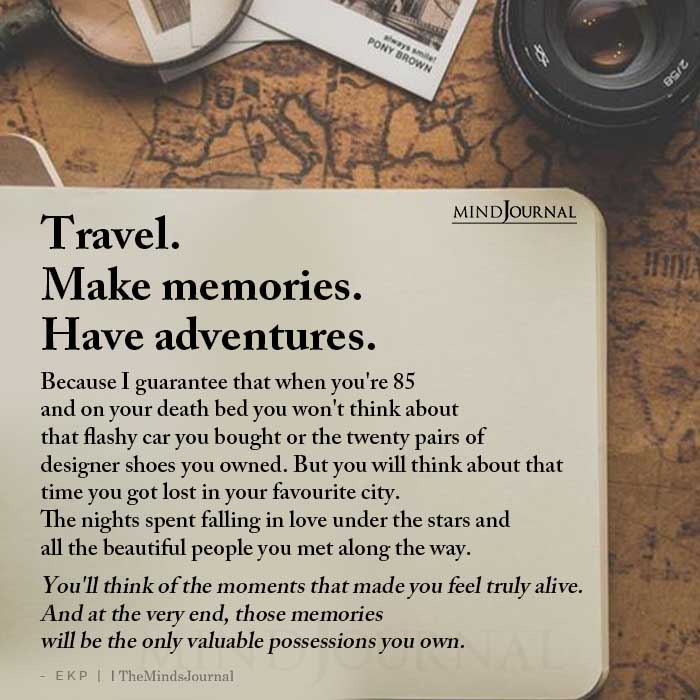
Takeaway
Adventure therapy offers a refreshing and impactful alternative to traditional therapy approaches. By immersing ourselves in the great outdoors, embracing adventure, and engaging in experiential learning, we open doors to personal growth, self-discovery, and healing.
The combination of nature’s wonders and therapeutic techniques creates a powerful synergy that can transform lives. So, if you’re seeking a path to self-improvement and a deeper connection with yourself and others, it’s time to embark on an adventure therapy journey.
Let the healing power of nature guide you on the road to self-discovery and a brighter future.
Related: 40+ Quotes About Adventure And Life To Awaken Your Wanderlust
Frequently Asked Questions (FAQs):
What is the difference between adventure therapy and wilderness therapy?
Adventure therapy typically involves structured activities in nature, while wilderness therapy immerses individuals in the wilderness for longer periods, focusing on self-reliance and survival skills.
Is adventure therapy evidence based?
Yes, adventure therapy has been found to be effective in improving mental health outcomes, although more research is needed for conclusive evidence.
How does adventure help mental health?
Adventure therapy helps mental health by providing opportunities for physical activity, social interaction, and overcoming challenges in a supportive outdoor environment.
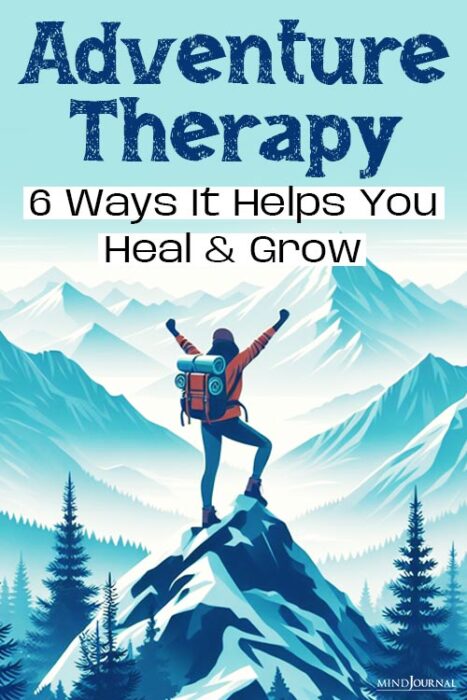
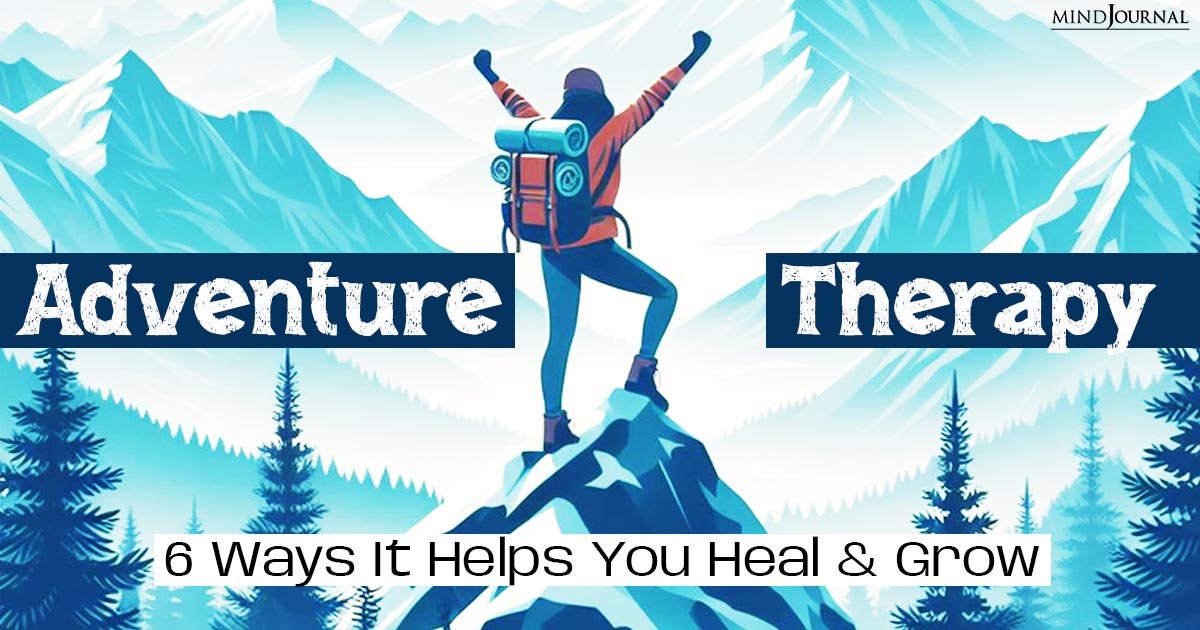



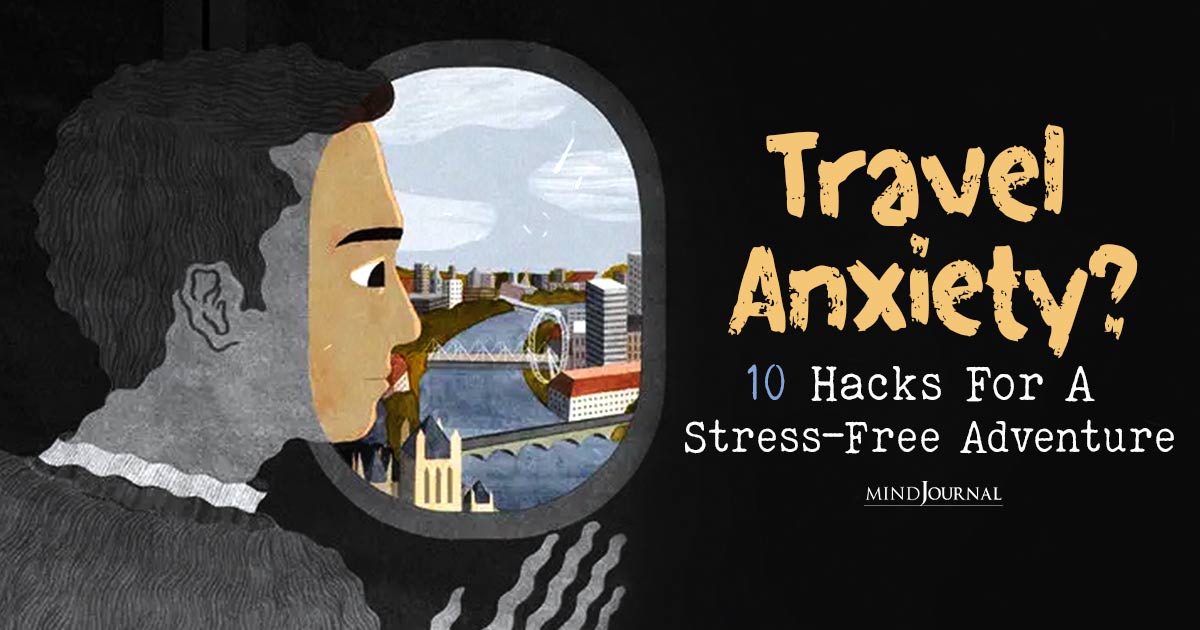



Leave a Reply
You must be logged in to post a comment.